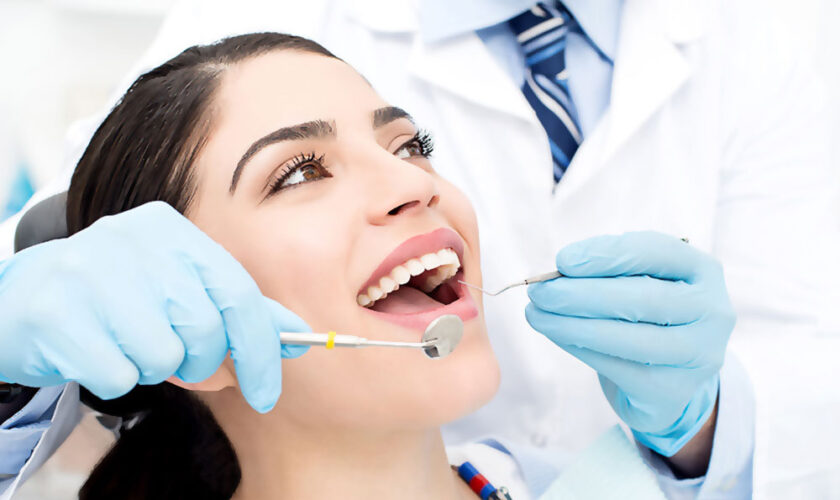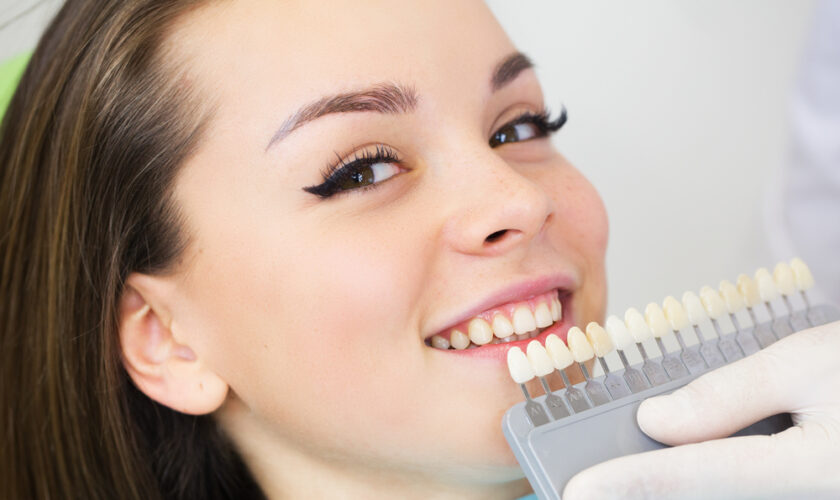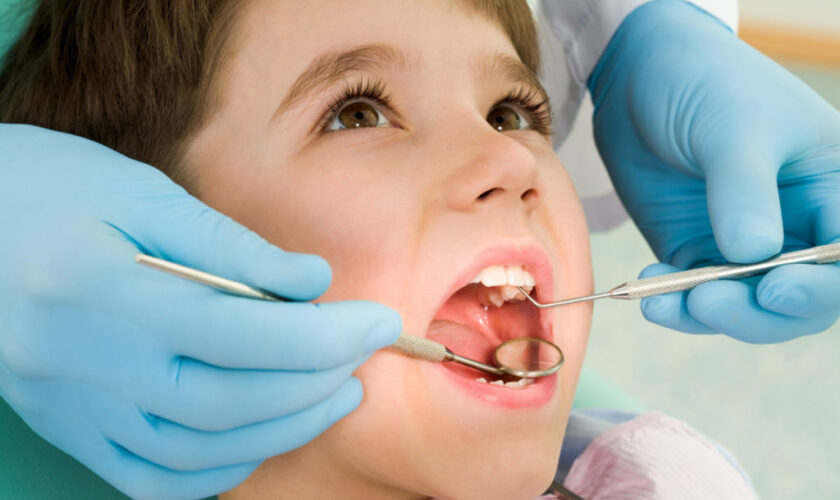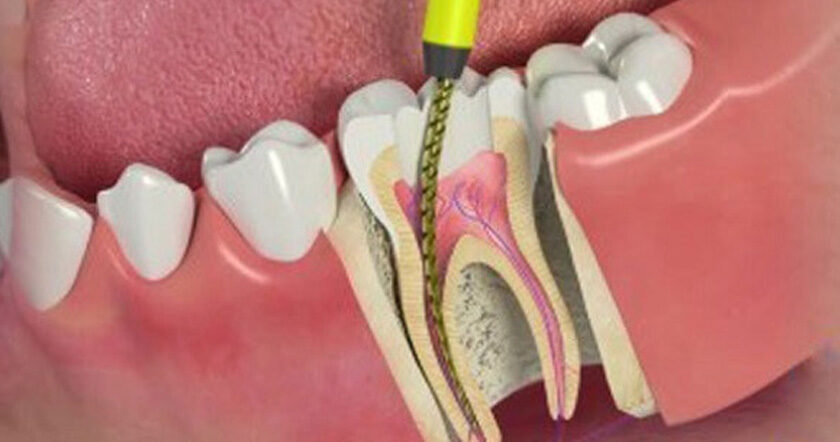Everyone hates paying when it comes to taxes, and it is crucial to understand how taxes should be planned in a busy city like New York. Tax planning can save you a lot of hard-earned money, and if you own a business, it is a must-know skill. Getting professional help from a CPA in South Abington Township, PA, can help you a lot by saving you time and energy.
How Does Knowing Tax Planning Help?
- It Helps You Manage Your Finances.
If you are a business owner, managing your finances is a critical task. When to pay taxes, how to pay taxes, and how to plan the taxes is very important. The ability to prepare your taxes independently is one of the main advantages of tax planning. Understanding tax planning can help you realize that it is a year-round activity that involves a range of investment and financial decisions.
You can also help your friends and relatives with income tax planning. By doing this, you will establish a strong reputation with your peers and business partners that you know how to manage your taxes.
- It Can Help You Build A Freelance Career.
Tax professionals are always in demand. Businessmen are always too busy handling other issues in their business and often require outside help when it comes to their finances. You can always think about becoming a tax expert or consultant. Being a tax professional requires extensive knowledge, which is something you can only get by training.
A tax planner who is knowledgeable about the laws and able to provide guidance is something that everyone needs. If you finish the required tax planning classes, you can open your own tax consulting business to assist customers in meeting their tax obligations.
- It Can Also Open Up Corporate Opportunities For You.
Working at big firms takes a lot of knowledge and study. Understanding taxes is more than just being an expert in them. There are a ton of more ways you may help people. Opportunities for employment arise, including positions in investment firms, advocacy organizations, chartered accountancy firms, and so on, where you may apply your education and experience. This will assist you in reviewing your knowledge and enhancing your understanding of the complexities of real-world taxes.
- You Can Also Get Into Banking.
Banking is not an easy job and has a lot of involvement in taxes. In the financial and banking sectors, taxes are crucial. Every transaction has tax consequences; thus, banking clients should receive the proper advice. In addition, the banking industry offers a wealth of options. Understanding the tax effects of each financial transaction, including loans, stock market trading, and project funding, is crucial. Make sure to get professional advice right away before you step into any critical decisions.







